Originally Aired: March 31, 2022
This week, on the Docs2Dads podcast we welcome Dr. Bradford Unroe, a psychiatrist in training who is going to help us know what signs to look for in ourselves and our partners to recognize
the early signs of mental health problems after you have a baby!! He shares his experiences of becoming a dad at a stressful time in history and we share some of our personal stories about postpartum mental health. All this week on the Docs2Dads Podcast.
First Things First!!
If you are having thoughts of harming yourself or others, please seek help by calling the National Suicide Prevention Lifeline – 800-273-8255 – 988 – or chat at the link
Crisis Text Line – Text “HOME” to 741741
Find A Therapist – Psychology Today
Find Support Groups – Nat’l Alliance for Mental Health
Subscribe to our Newsletter: Docs2Dads.com/newsletter
Social Media links on our Linktree
Connect with Dr. Unroe on Instagram or Twitter
I am particularly proud of this episode. I hope it will bring a lot of value and support to struggling parents out there and normalize men talking about mental health with each other. Postpartum depression is a really important topic that affects more moms and dads than most people recognize, so I wanted to bring someone on the show to talk a little bit about mental health challenges that both parents can face in the weeks and months leading up to birth and after baby comes home. I found a fellow physician who is a psychiatrist in training who has experience preventing, diagnosing, and treating the whole spectrum of mental health disorders. And he is a dad, just like us.
Peripartum mental health challenges can affect moms and dads and generally happen along a spectrum from so-called baby blues, worsening to peripartum depression and peripartum psychosis. Baby blues are very common, peripartum depression is estimated to affect 20% of moms and 10% of dads and can lead to loss of interest in things that once brought them joy. Peripartum psychosis is more specific to moms and is very rare, but very dangerous. This is an emergency to seek care for mom to keep her and baby safe.
This can happen to anyone. The more we can share those vulnerable moments with our partners or other trusted friends, the more we may be able to see that we are not alone. We also need to know when we should seek more professional help. That is when you are a risk to yourself or others, or thoughts that are interfering with your ability to function normally in your day-to-day life.
Having a baby is among the most stressful things that we experience when measured on stress scales, it comes with a lot of transitions in schedules, responsibilities, and identity and so we should have some grace with ourselves work to build supportive communities around our families to help us with these challenges.
We are trying to normalize men’s mental health and the need to have these conversations among men and seek to support each other through the challenges of life. If you would like to see more episodes like this, please let us know that you enjoyed this episode by leaving a five-star review on your favorite podcast app or connecting with us on social media.
For more on the science of screening dads for Post-Partum Depression: Check out my Journal Club Episode: Should We Screen Dads for Post-Partum Depression?
Our community is here to help you: 💪up your game as a JOY-FILLED dad 👨👩👧👦 be the leader your family needs you to be ❤️🩹build a happier, healthier life for yourself, your family, and your community.
Follow Docs2Dads for more #parenting content from a #pediatrician living the #dadlife
#docs2dads #fatherhood #parentinggoals #workingdads #intentionalfatherhood
Connect with Docs2Dads:
Linkedin: https://www.linkedin.com/in/drscottpeds
Instagram: https://www.instagram.com/docs2dadspod
Email: docs2dadspod@gmail.com
Facebook: https://www.facebook.com/docs2dadspod
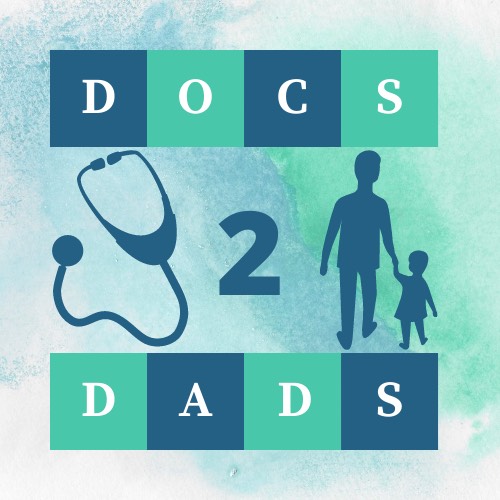




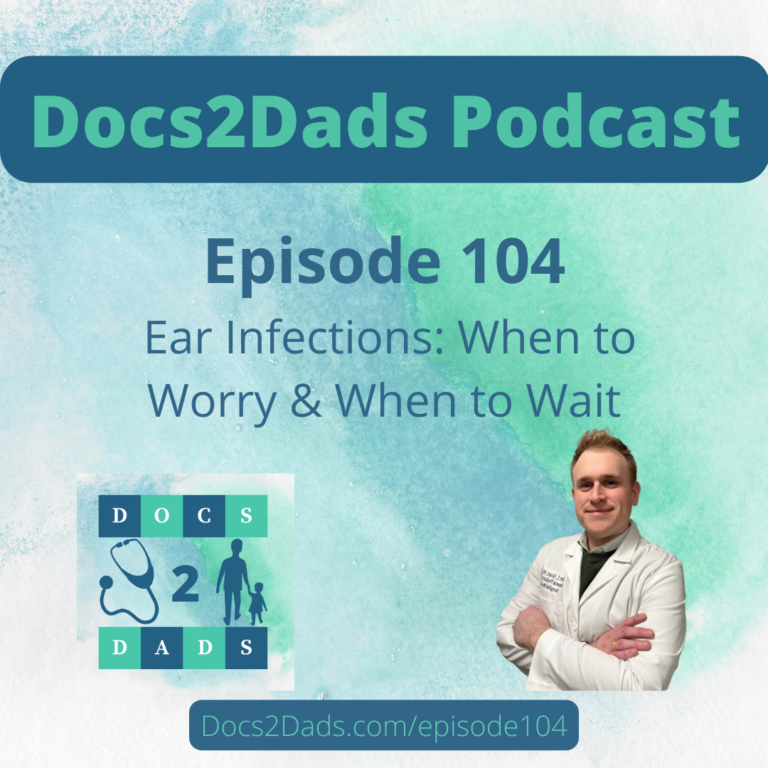
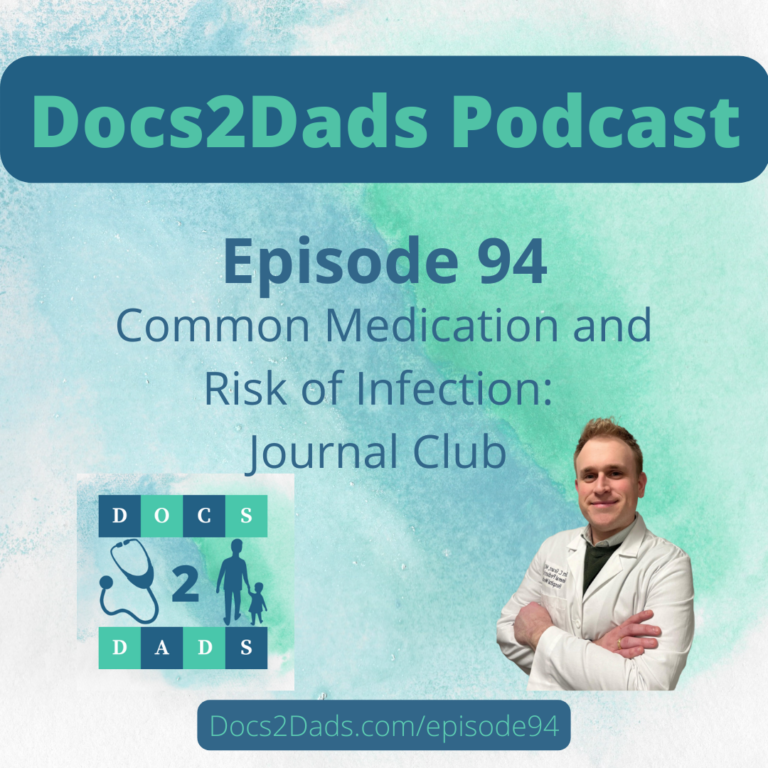
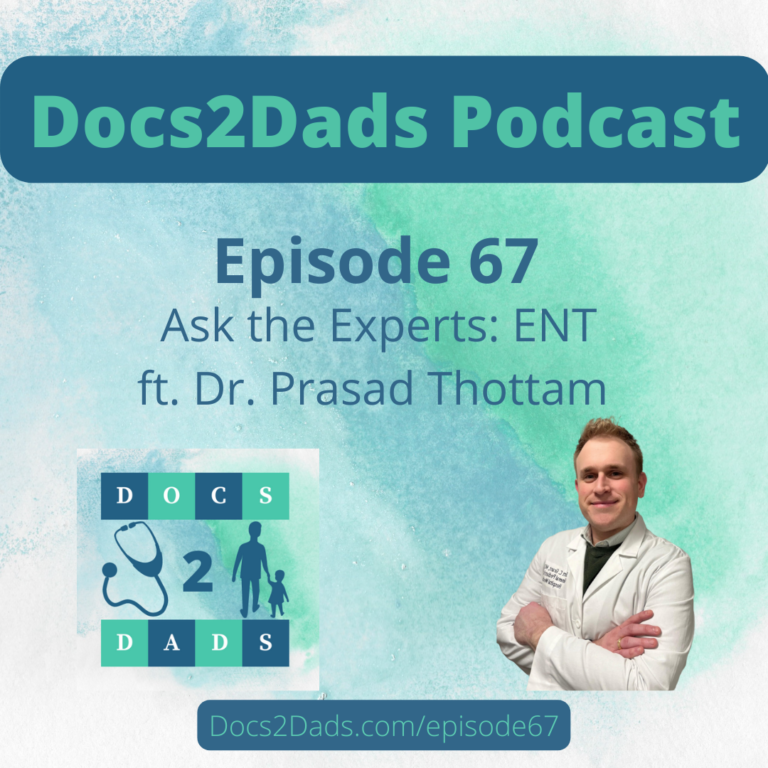
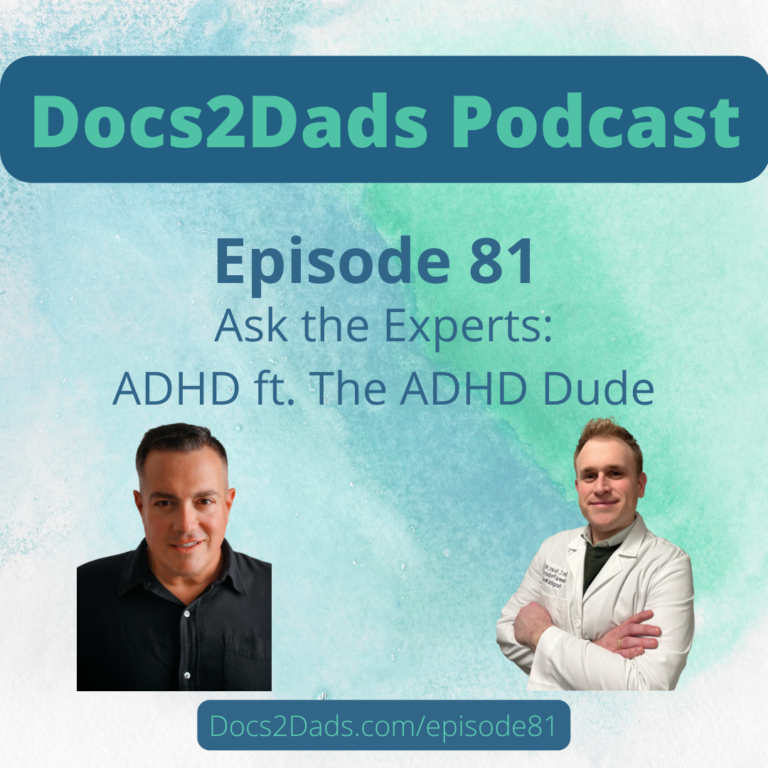
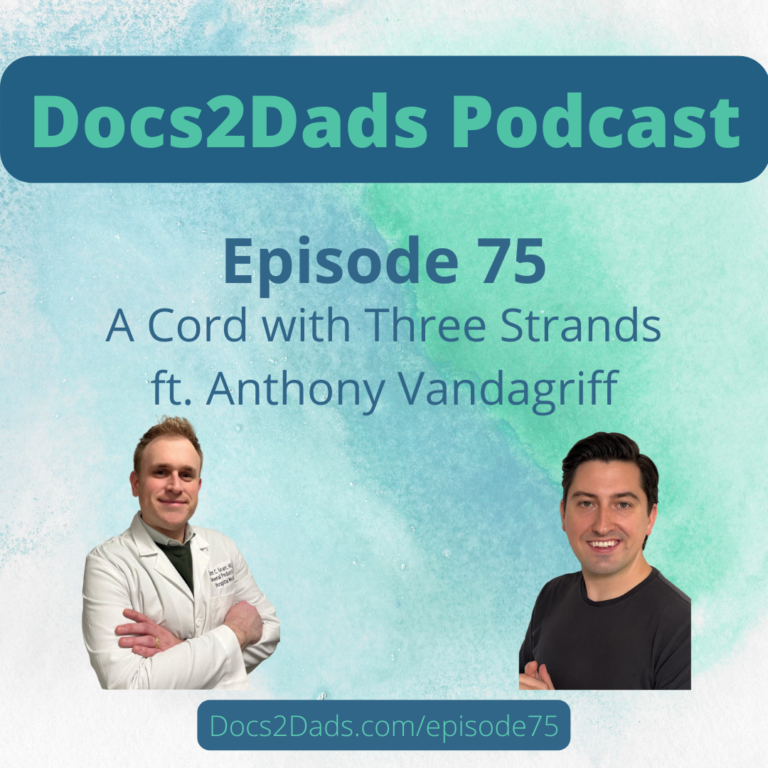
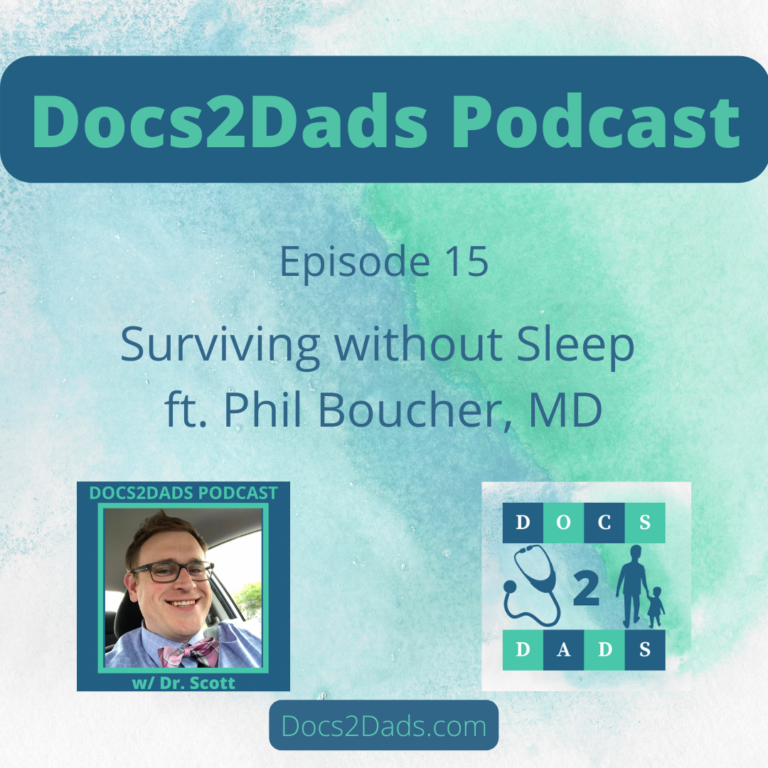
One Comment